
SHILLONG, AUG 22: The unique customary practices of resolving marriage issues in a century old village located in Ri Bhoi district prompted a renowned Khasi author to write a book of this unique practice.
The book entitled “Ka Bishar Klim Ha Shnong Warmawsaw” or “Adjudication on cases related to marriages in Warmawsaw Village” authored by K Neldarson Sohkhlet was released by Mawlai legislator Embhahlang Syiemlieh on Monday.
The author has dedicated the book, a result of his over 6 years of research in the village, to Meghalaya’s star football player – Eugenestar Lyngdoh.
Warmawsaw village, about 130 kilometers away from Shillong, is the only village dorbar in the Khasi-Jaintia Hills region that has a “Biblical influence” on the villagers in as far as its customary practices are concerned especially in resolving issues of marriages.
Speaking at the releasing function, Sohkhlet, who had just turned 50 yesterday said, “After visiting the village three times since 1995 I decided to write down about the unique traditional practices in the form of a book.”
Sohkhlet, a resident of Mawlai Motsyiar, also revealed another interesting fact about the village that it is the first to implement the Right to Education (RTE) Act since 1964 and ensured that all children are in schools and have registered 100 % literacy rate from 1974 till 2009.
Sharing more about the village’s system of administration, Warmawsaw Sordar Manason Doloi said that the dorbar since time immemorial the dorbar has taken up cases relating to marriage and resolved it.
“If there are cases of adultery by one of the spouses, we would summon them to appear before the dorbar. We give them counseling and many cases have been resolved,” Doloi said adding “We do not encourage such problems which tend to get out of control and become law and order problem even leading to murder.”
According to him, all marriages in the village, which was established in 1770 and later reorganized in 1898, are registered with the dorbar shnong and early marriages are also strictly prohibited.
Stating that village discourages divorce, he however said, “If after counseling the person is not willing to resolve the problem, a fine of Rs 5000 is imposed. Similarly a fine of Rs 5000 is also imposed to those seeking for divorce and the ‘Barka’ will announce that the so and so are no longer husband and wife.”
“In case the couple decided to reunite after divorce, they are made to pay a fine of Rs 400 for causing inconveniences to the dorbar,” he added.-By Our Reporter


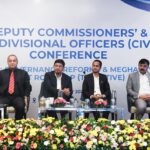


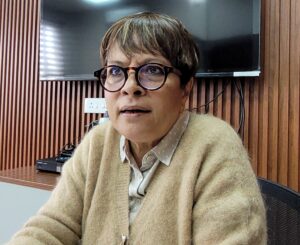
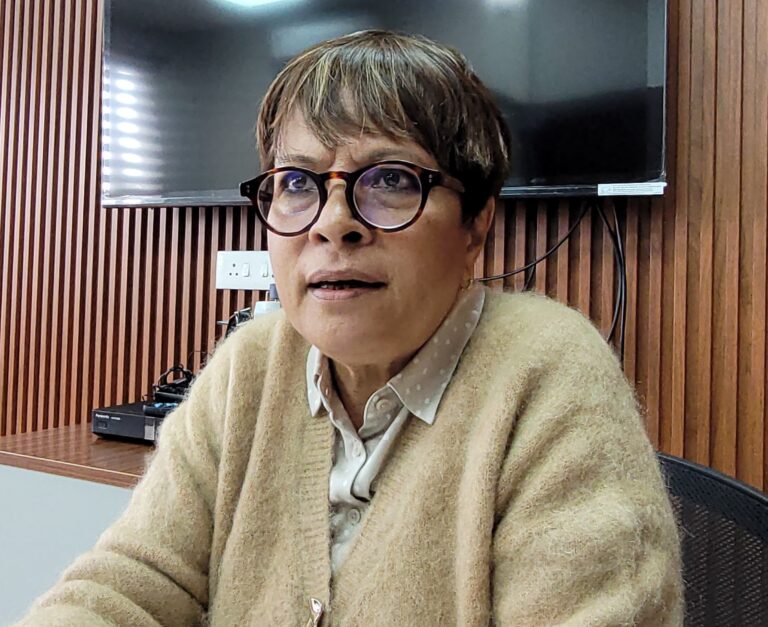
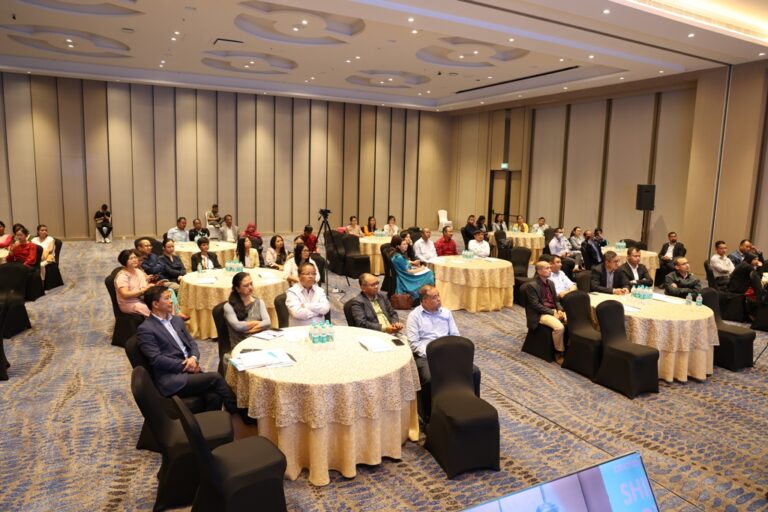
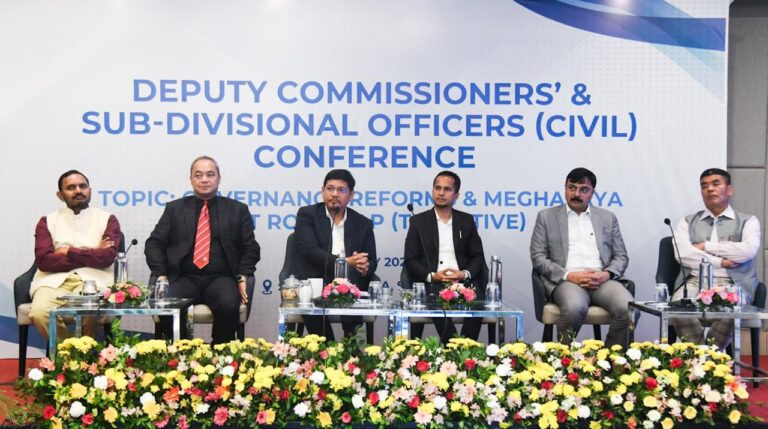
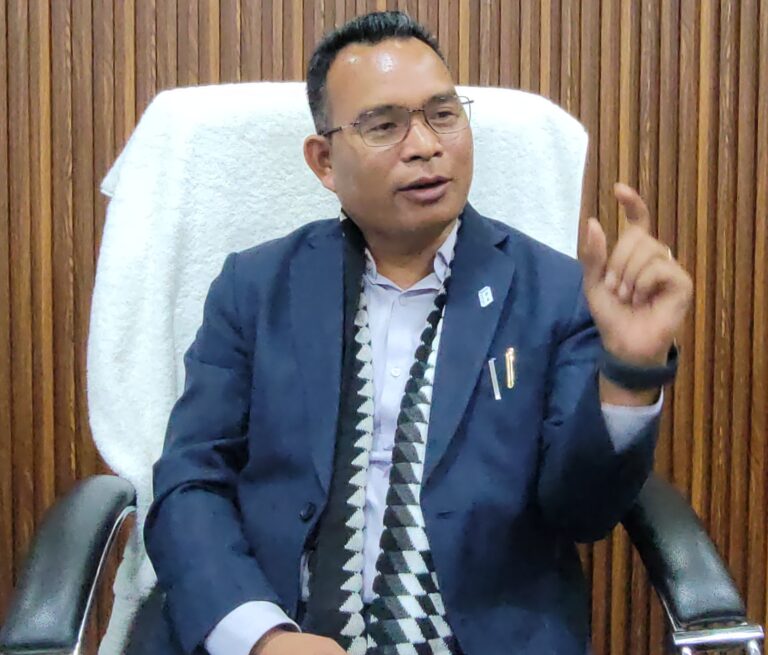
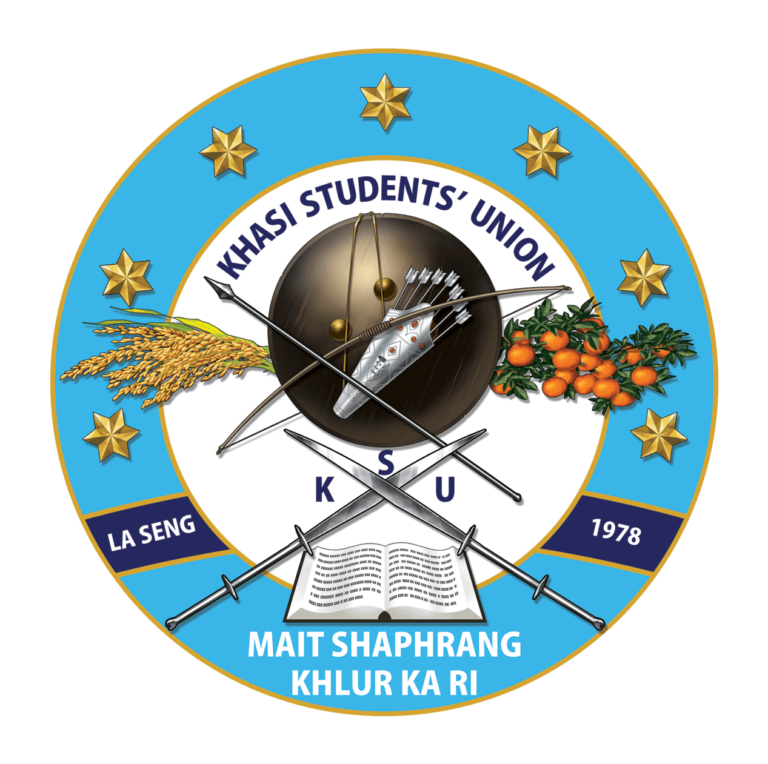
+ There are no comments
Add yours